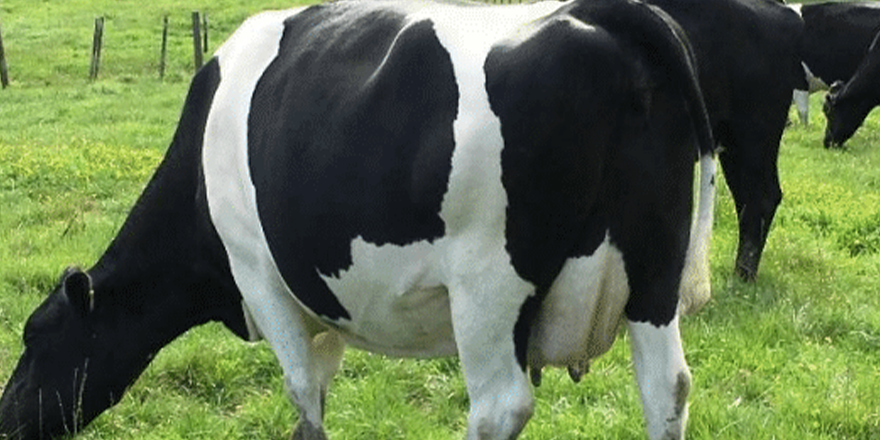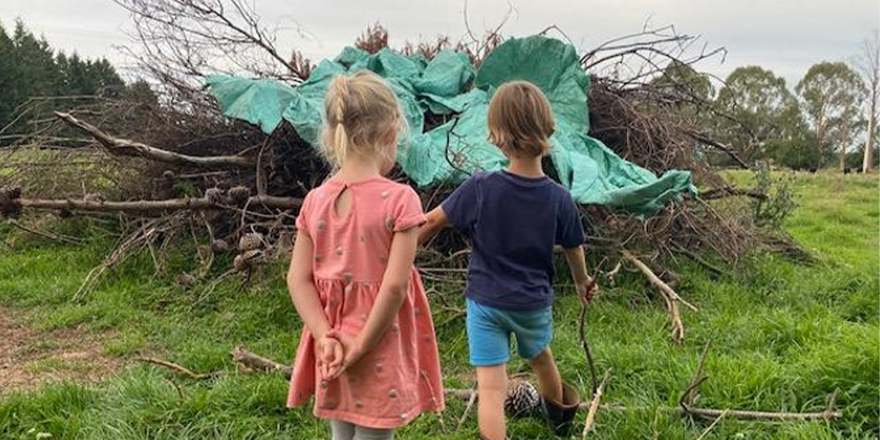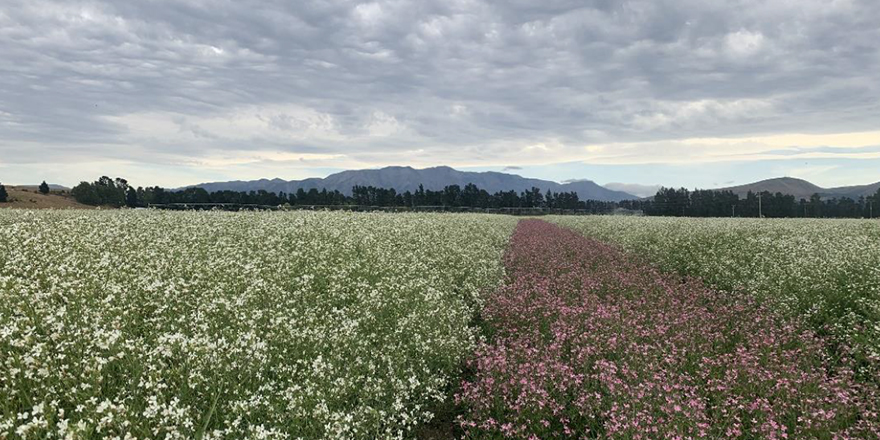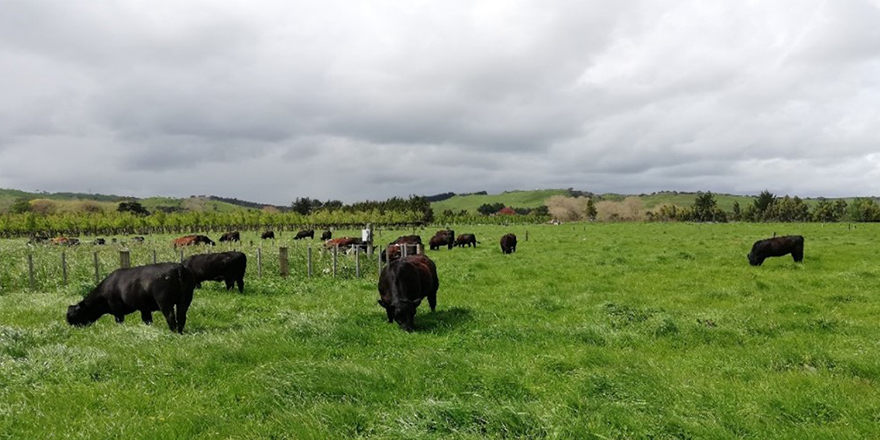
Execute Summary
After 18 years of DIRA legislation, Fonterra has gone from being an almost monopolistic company within New Zealand’s dairy processing industry, to being involved in a very competitive market place with the introduction of some major competitors in the shape of Open Country Dairy and Synlait to name a couple. This report shows how each company differentiates themselves from each other in an industry where the base product is exactly the same; milk. This differentiation of final products allows competition to be established in overseas markets for each of the companies. This competition within New Zealand for a stable or reducing milk pool, has created an increase in returns for farmer suppliers; without the threat of new entrants into its processing space, Fonterra would not be as strong as it currently is. Fonterra’s strategies have been shaped around delivering the best return possible for its farmer suppliers, to ensure that they are not tempted to supply another processor, and to deal with the restrictions the DIRA has created around Fonterra.
This report gives insights into how each processor performs in comparison to one another, how each processors strategy of processing its products results in different revenue per kgMS, and how this revenue is distributed, either to farmer shareholders or to private shareholders. The report should also highlight the amount of competitors within New Zealand’s dairy processors that are foreign owned.
Recommendations:
- Fortify: Revitalized and continued support of Fonterra as a market leader; Fonterra is the market leader, not purely due to market share, but mostly by transparency allowing it to openly show everyone how it operates and sets its milk price and share price, by flying the “NZ Inc” flag and doing a lot of industry work on its own accord, while by default, taking other processors along for the ride. The Fonterra Co-Operative is the reason the dairy industry in New Zealand is so strong, this needs to be remembered and revered by all farmer suppliers.
- Future proof: Farmer suppliers need to look beyond their own balance books to determine if a change in processor is actually beneficial in the long term. Does your new milk processor have any obligation to keep paying you a good farm gate milk price if Fonterra or DIRA are out of the picture; who is your new or potential processor working for, you or its shareholders?
- Deregulate: DIRA legislation needs to be removed, and quickly. The initial aim of consumer protectionism is no longer required, as there are now enough processors within New Zealand for this to be controlled by market forces; which was part of the initial idea of DIRA. DIRA is also hindering Fonterra’s ability to be able to make strategic decisions with its supplier base and all of its processing sites; not being able to accuratly predict milk supply in the future accurately, hinders investment strategy and direction. Having the ability to control entry and exit of suppliers, along with the abolishment of the regulated milk supply to competitor’s legislation, will allow more certainty around investments into processing capabilities; which means more product to process and add value to, and more money into New Zealand’s economy and not into Foreign owned companies.
- Compromise: Determine what amount of market share is optimum for each of New Zealand’s dairy processors so that New Zealand’s export margins are optimized for New Zealand’s benefit. This should include some competition within New Zealand, such as Synlait, so that Fonterra has some competition to constantly benchmark itself against, but not so much that buyers in foreign markets have the ability to bargain with exporters of New Zealand products.
Download and read the full report here




